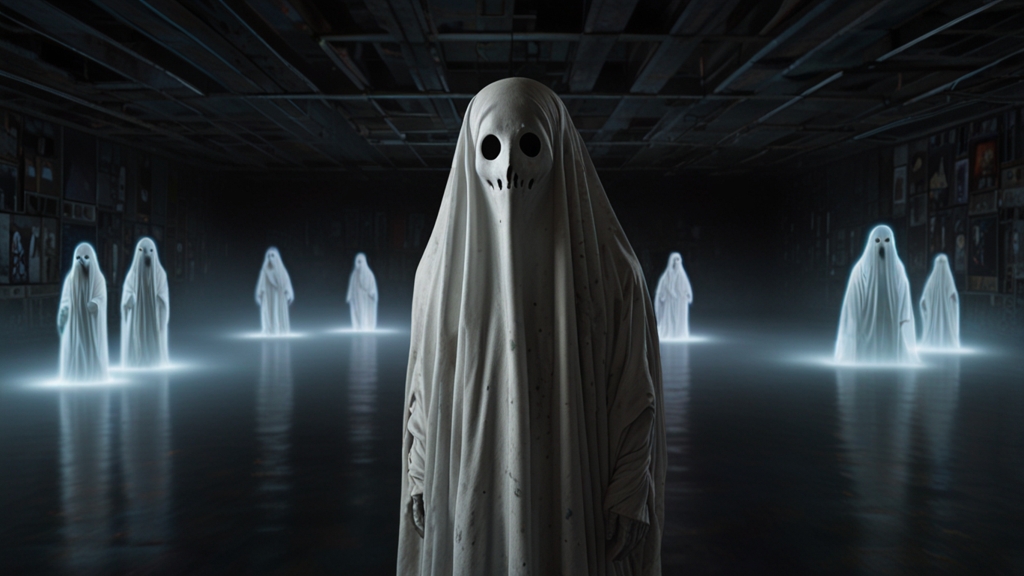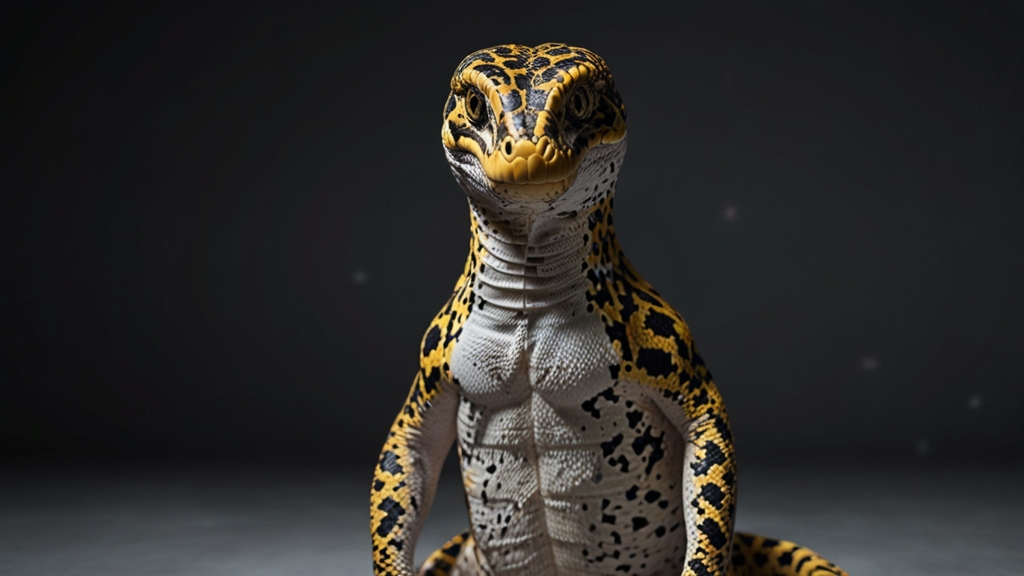The Ghosts of Reality: Exploring Metaphysics and the Afterlife
The human experience is marked by profound questions about the nature of existence and the mysteries that lie beyond the realm of the living. For millennia, humanity has grappled with the concept of the afterlife, weaving tales, philosophies, and scientific inquiries to understand what, if anything, awaits us after death. This intriguing intersection of metaphysics and the afterlife beckons us to explore the ghosts of reality that haunt our thoughts and beliefs.
Metaphysics: The Foundation of Existential Inquiry
Metaphysics, derived from the Greek words "meta" (beyond) and "physika" (physical), ventures beyond the tangible, delving into the essence of reality. It seeks to answer fundamental questions about being, existence, and the universe's ultimate nature. What is the nature of reality? Do we possess free will? Are we purely physical beings, or is there an immaterial aspect to our existence?
The metaphysical exploration of the afterlife necessarily involves examining these questions through the lenses of various philosophical traditions and spiritual beliefs. From Plato's immortal soul to Descartes' dualism, which posits a separation between mind and body, to the Eastern philosophies of reincarnation and karma, the endeavor to understand life beyond death is as old as civilization itself.
The Afterlife in Religious and Spiritual Traditions
Religious and spiritual traditions worldwide offer diverse perspectives on the afterlife, each colored by cultural, historical, and theological contexts. In Christianity, the concept of heaven and hell serves as a moral compass, guiding believers toward a righteous existence. Meanwhile, Buddhism presents a cyclical view of existence, with the cycle of birth, death, and rebirth driven by karma and the ultimate aspiration of achieving Nirvana—a liberation from this cycle.
“Death is not extinguishing the light; it is only putting out the lamp because the dawn has come.” — Rabindranath Tagore
Hinduism, another ancient faith, also subscribes to the idea of reincarnation, with souls transmigrating through various forms until achieving Moksha, or liberation. Indigenous cultures, such as the Native American and Aboriginal Australian traditions, often view the afterlife as a continuation of existence in a different form or realm, closely linked to the natural world and its cycles.
Scientific Perspectives and Skepticism
While religious and spiritual narratives provide comfort and meaning to many, the scientific community approaches the afterlife with a more skeptical lens. The scientific method relies on empirical evidence and reproducibility, capacities that are challenged when probing the immaterial or supernatural.
Nonetheless, the study of near-death experiences (NDEs) presents a fascinating intersection of metaphysics and science. NDEs are reported by individuals who have come close to death and describe experiences such as seeing a bright light, encountering deceased loved ones, or feeling an overwhelming sense of peace. Researchers like Dr. Raymond Moody and Dr. Bruce Greyson have investigated these phenomena, seeking to understand whether they offer glimpses into an afterlife or are merely neurological reactions to extreme stress.
“To ourselves, in strict language, we can owe no duties, obligation requiring also two parties. I cannot by myself fulfill engagements which I have made to myself;—the act like that of two agreeing, is to me void.” — Immanuel Kant
However, the scientific community remains divided. Many attribute NDEs to biological processes such as hypoxia, brain chemicals like endorphins, or psychological factors. The brain's capacity for creating vivid experiences, even in the face of imminent death, complicates our quest for definitive answers.
The Interplay of Belief and Reality
Ultimately, the exploration of metaphysics and the afterlife underscores the powerful role of belief in shaping our understanding of reality. Whether viewed through the prism of spirituality or scrutinized under the microscope of science, our interpretations of the afterlife are deeply personal and profoundly impactful.
As we navigate this enigma, it is crucial to respect diverse beliefs and remain open to the possibility that the truth might lie beyond our current grasp. The ghostly whispers of metaphysical inquiry beckon us to contemplate our place in the universe, the essence of our being, and the eternal question of what lies beyond the veil of death.
“For in that sleep of death, what dreams may come when we have shuffled off this mortal coil, must give us pause…” — William Shakespeare, Hamlet
In the end, the journey of exploring the afterlife and metaphysics is not only about seeking answers but also about embracing the quest itself. It is a testament to the human spirit's relentless curiosity, a journey through the shadows of the known into the bright and elusive unknown.










